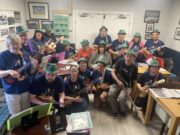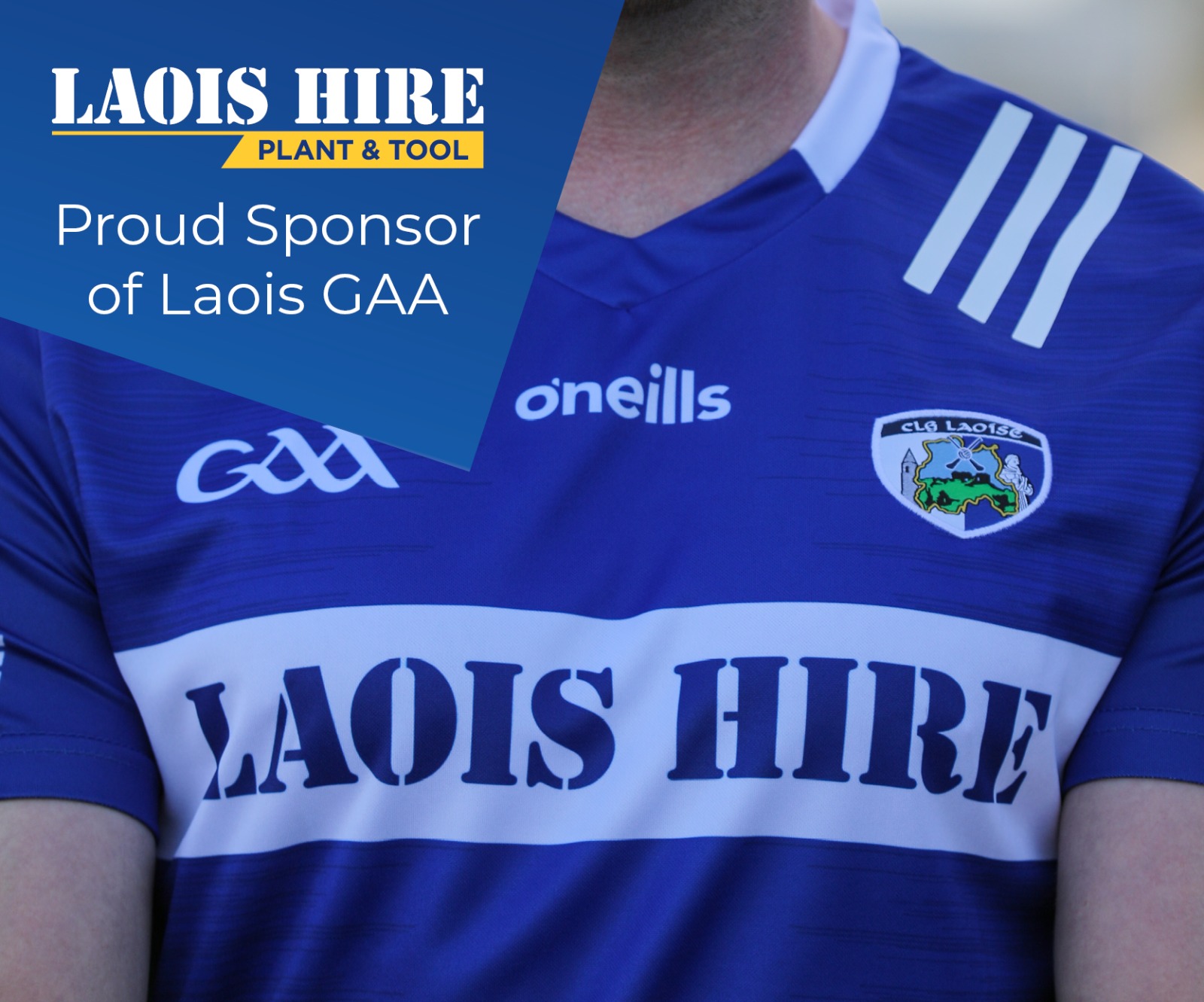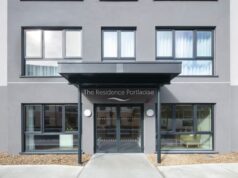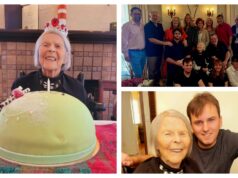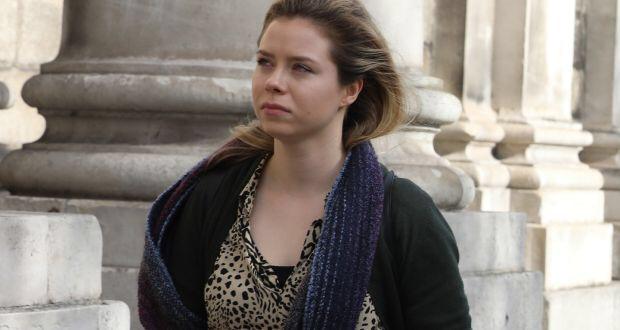
A Laois mother has been scathing today in her castigation of the State for the adversarial stance it had taken against her family in the high profile swine flu test case.
Mary Bennett from Portlaoise branded the State’s stance as a wholly unnecessary waste of taxpayers’ money as a national scandal. She called for sweeping changes in how such cases are handled by the State Claims Agency and others like the HSE.
The landmark case which opened on October 8 and was expected to run for ten weeks but was surprisingly settled today, without any admission of liability by the four defendants.
The case taken by Aoife Bennett (26) who claimed she developed narcolepsy as a result of being given the Pandemrix swine flu vaccine.
There was no admission of liability in the settlement terms in what was considered a test case for another approximately 100 people who believe they developed the life-long condition as a result of taking the vaccine.
The multi-million euro legal and other costs of the case are to be met by the Minister for Health and the HSE. The other defendants in the case were the manufacturers of the vaccine, GlaxoSmithKline Biologicals, and the Health Products Regulatory Authority (HPRA).
It was previously reported that the discovery process in the run-up to the trial had incurred costs of more than €2 million. The proceedings before the High Court were on their 22nd day, and involved four teams of barristers.
No mention of money being paid to the plaintiff as part of the settlement terms was made in court, although outside afterwards the family said compensation had been paid.
On the 22nd day of the action, Denis McCullough SC, for Aoife Bennett (26), of Lakelands, Nass, Co Kildare, told Mr Justice Michael McGrath the case had been settled with no admissions of liability on behalf of any of the defendants.
Aoife’s parents Pat and Mary Bennett are both from two well-known Portlaoise families. Pat Bennett is himself a HSE manager and highly regarded within the health service.
Their Senior Counsel, Mr McCullagh said that to the extent any allegations of lack of bona fides were made against any of the defendants, the plaintiff confirmed that they have been withdrawn.
Mr Justice Michael McGrath expressed his congratulations to the litigants for managing to settle the case through mediation, and in particular to Ms Bennett and her family.
He said he had no doubt but that they were very decent people and he was sure that it had been explained to them that litigation and its outcome was an uncertain process.
Outside the Four Courts Ms Bennett’s mother, Mary, read a statement on behalf of her daughter and said it was a national scandal that millions of euro of taxpayers’ money had been “wasted” in defending the case.
Standing beside her daughter and her husband, Pat, she said she wanted to thank Aoife for her bravery and courage in taking the case against the State and a large multinational company.
“Today, Aoife succeeded in recovering compensation,” she said, but no money would ever compensate Aoife for a lifetime of living with the incurable disability of narcolepsy and cataplexy.
She said she hoped the settlement would pave the way for payment of compensation to the 100 other people who, like Aoife, had been “injured by the Pandemrix vaccine.”
She said the State Claims Agency had taken a “very adversarial approach” in the case. Her family had no access to legal aid while the defendants had access to “unlimited taxpayers’ monies.”
The trial heard that as part of the conditions for supplying the vaccine, which was brought to market in an expedited process against fears of a global swine flu pandemic, the Government agreed to indemnity GSK against any costs that might arise from people alleging damage.
Ms Bennett questioned why the State didn’t follow the approach in the UK where similar claims to her daughters were being settled out of court for the past three years.
In the case Ms Bennett claimed she developed narcolepsy and cataplexy disorder as a result of being given the Pandemrix vaccine in school on December 10th, 2009, as part of a nationwide vaccination programme. She was aged 16 at the time, and began to suffer symptoms within weeks.
In the proceedings it was claimed HSE brochures on the vaccine gave inadequate warnings as to the safety of the vaccine.
The case was solely concerned with the issue of liability and the defendants denied the claims and denied liability. If Ms Bennett had won the case, a new set of proceedings would have followed immediately to assess damages.
Douglas Clarke SC, for GSK, told the trial that despite years of research since 2010, when the vaccine was first linked with narcolepsy, research had yet to show a proven link.
Dermot Gleeson SC, for Ms Bennett, said the HSE had failed to give adequate information to his client about the risks associated with the vaccine, so as to allow her to make an informed decision about accepting it.
While the proceedings heard it was not until 2010 that potential links between the vaccine and Narcolepsy began to emerge, the defendants were criticised for not making known other risk factors which it was claimed were associated with the new product.
The vaccine was given to approximately 30 million people in Europe, and in Ireland was given to approximately 22 per cent of the population.
The court heard in evidence that the narcoleptic effect of the vaccine was located in about 1,000 children across Europe and a public inquiry set up in Ireland concluded that there was a 12 to 14 fold increase in the chance of becoming narcoleptic in those with a certain gene variant who were given the vaccine.
There were 75 to 100 children identified with the condition in Ireland, 350 in Sweden, up to 200 in Finland, 100 in France and in the UK and a handful in Denmark and the Netherlands.
The narcolepsy group SOUND (Sufferers Of Unique Narcolepsy Disorder) has expressed disappointment with the State for ‘fighting the case’ with Ms Bennett.
In a statement released after today’s settlement, Sound Secretary Tadgh Kennedy said: “We thank Aoife and the Bennett family for taking the first landmark case.
“However, we are disappointed that the State saw fit to fight the case in court.
“Approximately 100 other children and young adults must now await the outcome of their own legal cases, which the State insists must be taken on an individual basis.
“The State should ensure that this is not a long, drawn-out legal process, causing further hardship.
“From the start, the State’s response to what transpired has been painfully slow, and this remains a difficult and protracted process for the families involved.
“Sound wants the State to fulfill the duty of care it is morally bound to provide to children and young adults who now have to move through life with narcolepsy.
“The cost to the State of this action alone can be measured in millions,” said Mr Kennedy.
See Also: Laois family at the centre of swine flu text case – the evidence given in court



